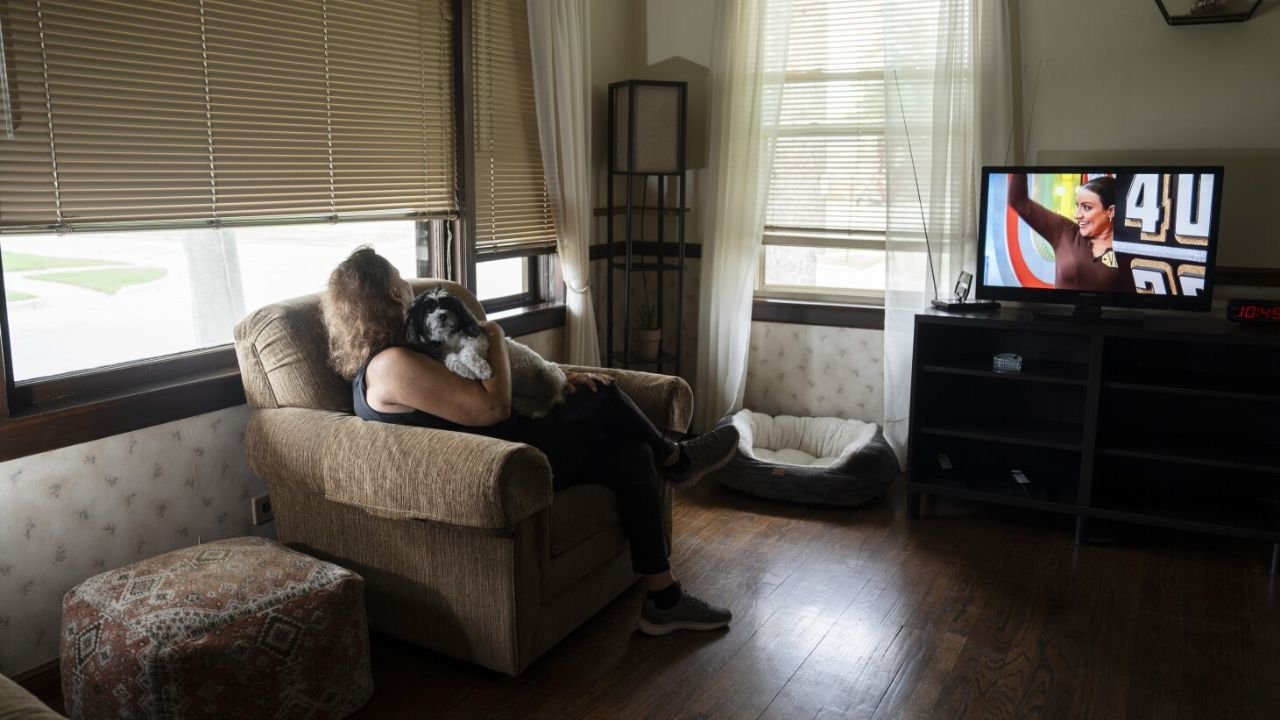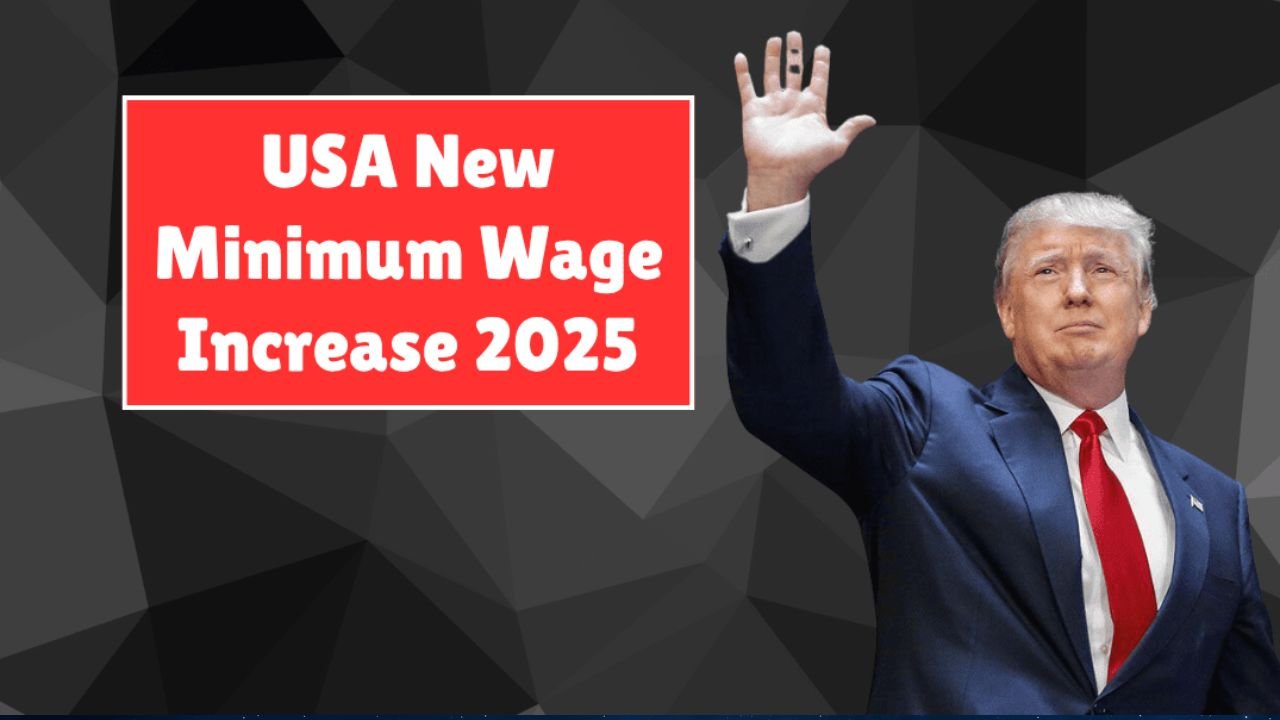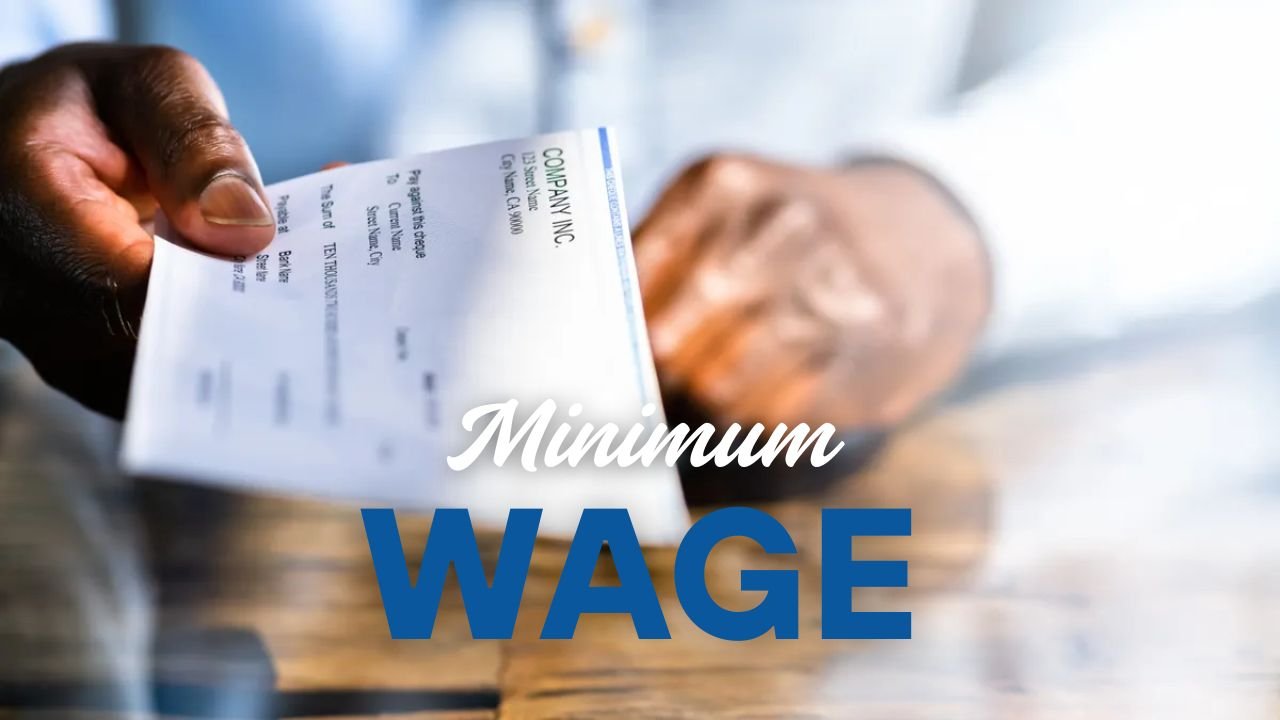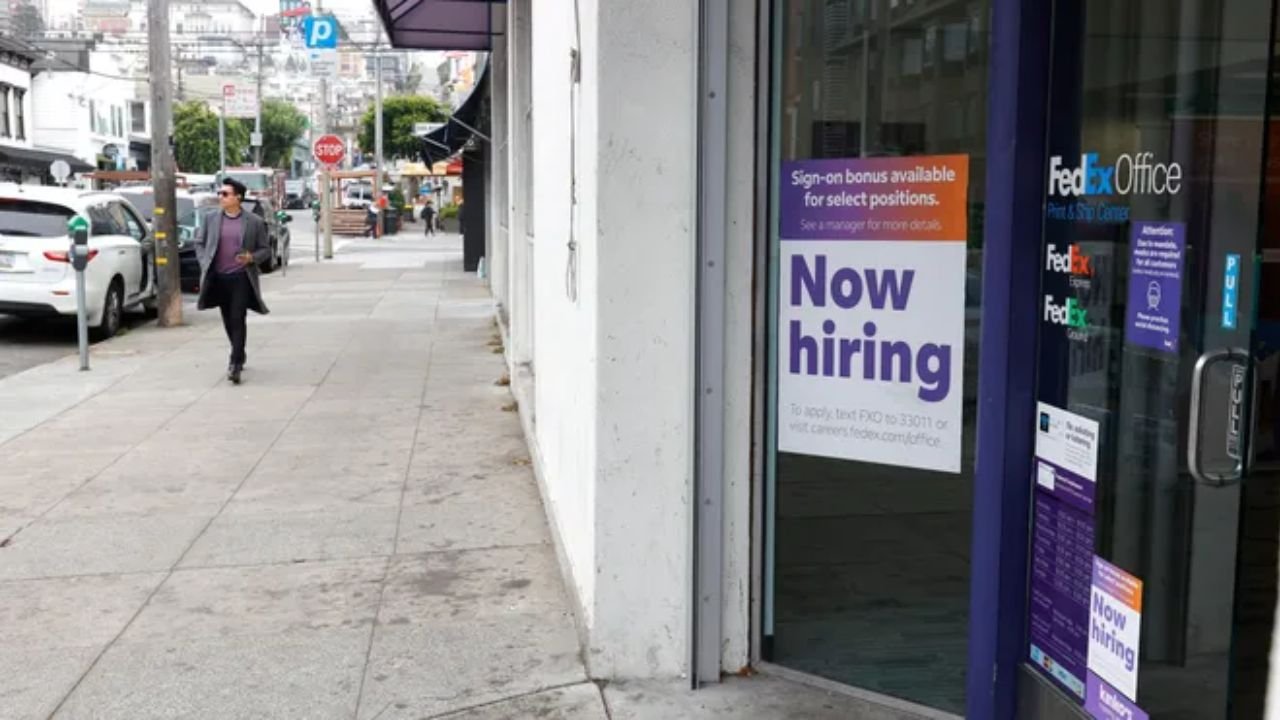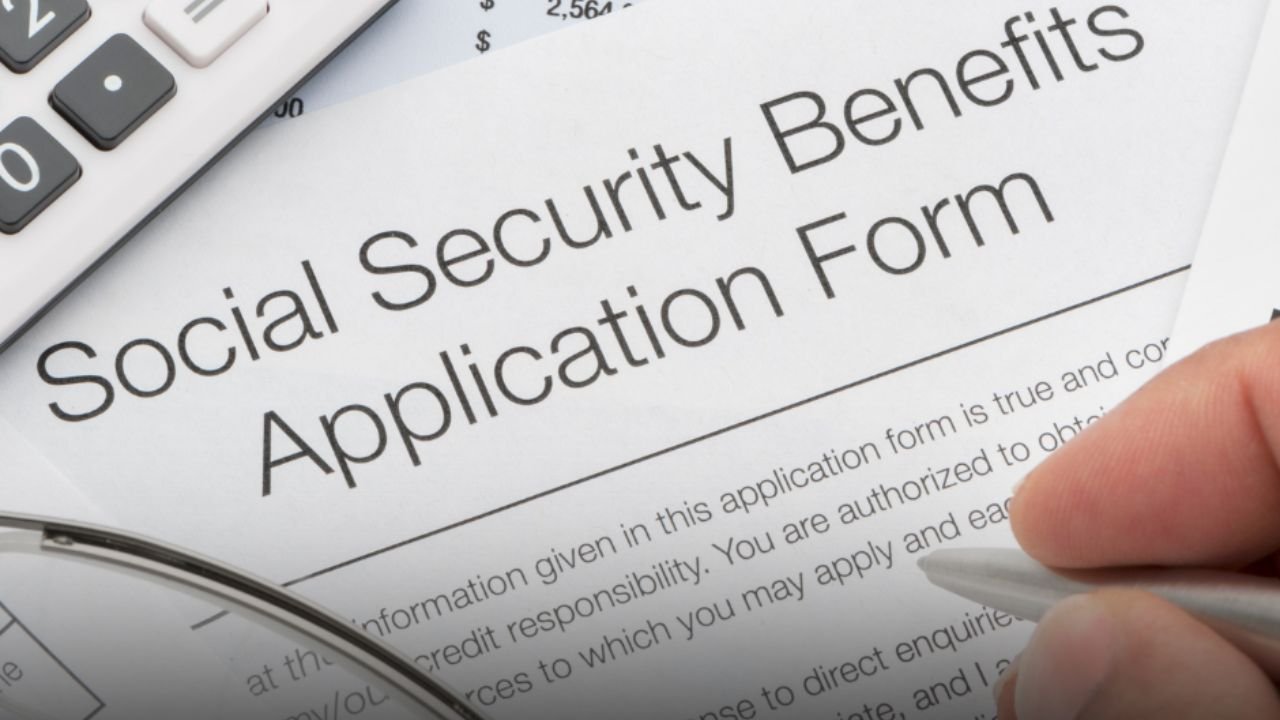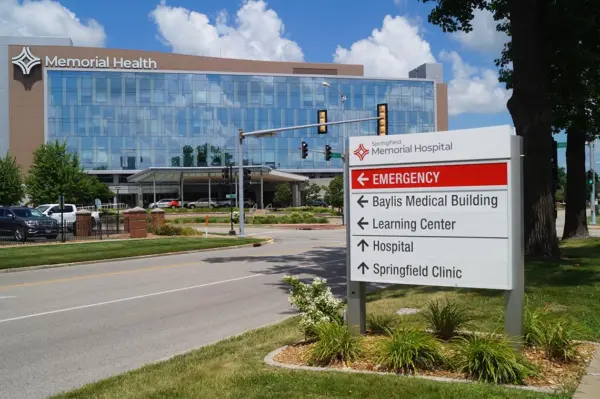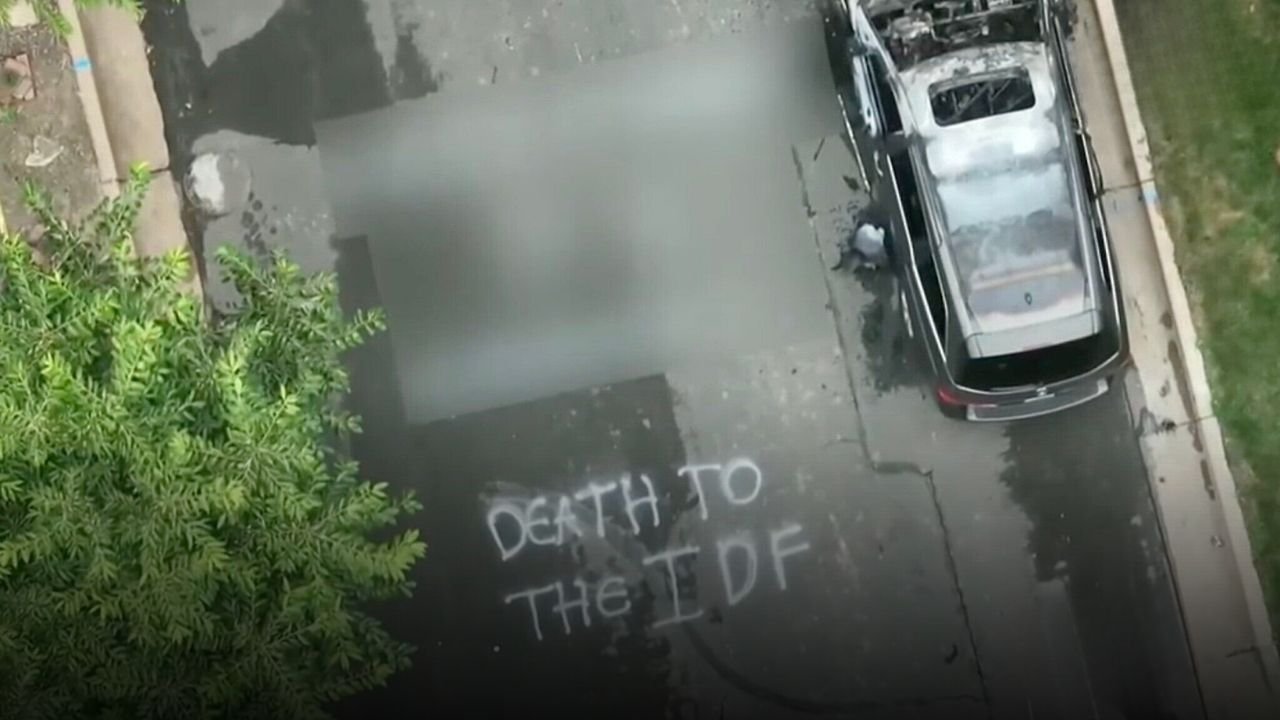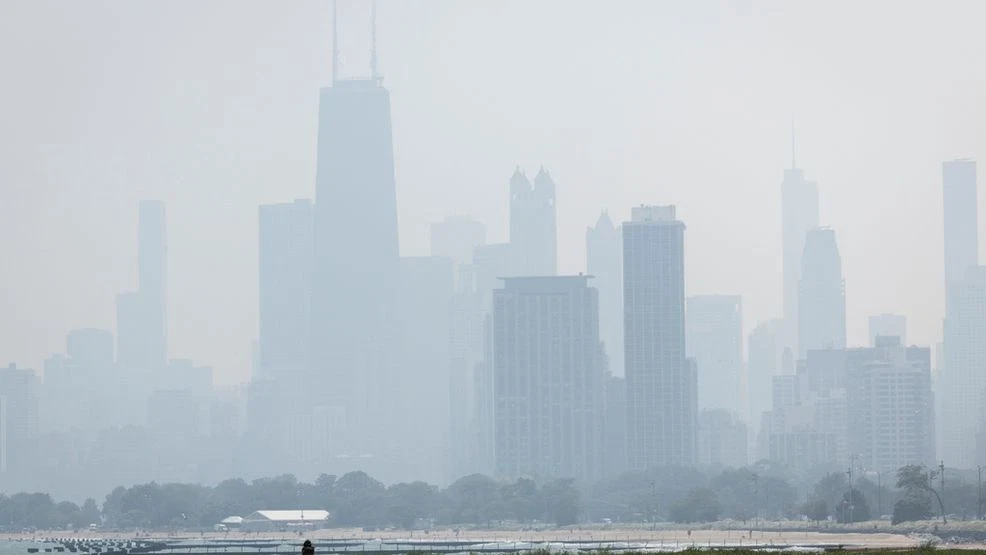ILLINOIS — Thousands of low-income Illinois residents could lose access to free legal assistance if former President Donald Trump’s proposed budget plan is enacted, eliminating $18 million in annual funding through the Legal Services Corporation (LSC).
Funding for legal lifelines at risk
The proposed budget would completely eliminate the LSC, which is the primary federal funding source for civil legal aid in the United States. In Illinois, this would slash support for three major nonprofit legal service providers — most notably Legal Aid Chicago, which helps vulnerable clients fight for housing, safety, and family rights.
Local advocates warn that the proposal would cripple the state’s civil justice infrastructure, denying help to domestic violence survivors, seniors facing eviction, and others in crisis.
Real stories behind the numbers
For Franklin Park resident Kathy Ismar, Legal Aid Chicago was more than a free attorney — it was the reason she was able to stay in her home after a difficult divorce. “I used to walk on eggshells,” Ismar said, describing the fear and instability before receiving help. “Then the day came when I could do anything.”
Legal Aid attorneys helped her untangle financial abuse and protect her housing rights after discovering her ex-husband had stopped paying their bills for months.
What Legal Aid Chicago provides
Legal Aid Chicago handled over 12,000 cases in 2024, providing assistance in family law, eviction defense, elder law, public benefits, and more. Without LSC funding, the organization may be forced to drastically cut services or turn away thousands of Illinoisans who depend on free representation.
LSC’s role in funding legal aid across Illinois includes:
-
$18 million annually in federal support
-
Support for three major nonprofit agencies statewide
-
Protection for tenants, seniors, victims of abuse, and working families
Broader implications for civil justice
Critics argue that cutting legal aid funding not only harms individuals but weakens trust in the legal system overall, especially for those navigating complex civil issues alone.
“This isn’t just about lawyers — it’s about making sure people aren’t evicted unfairly, that seniors aren’t defrauded, and that domestic violence survivors can rebuild safely,” one Legal Aid advocate explained.
Next steps and opposition
The proposal remains under debate in Congress, where Democrats and several moderate Republicans have voiced opposition. Illinois lawmakers are expected to push back, citing the disproportionate harm it would inflict on already underserved communities.
Legal advocates are urging constituents to contact their representatives and stress the critical need for continued federal funding.
What do you think? Should legal aid remain federally funded to protect low-income Illinoisans from injustice? Let us know in the comments at ChicagoSuburbanFamily.com.

